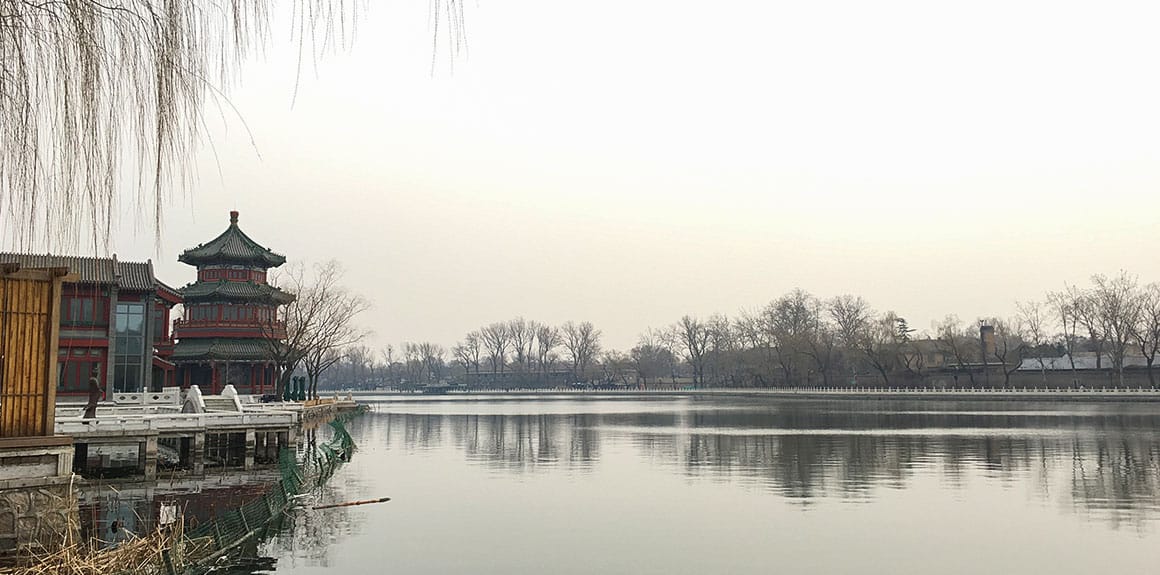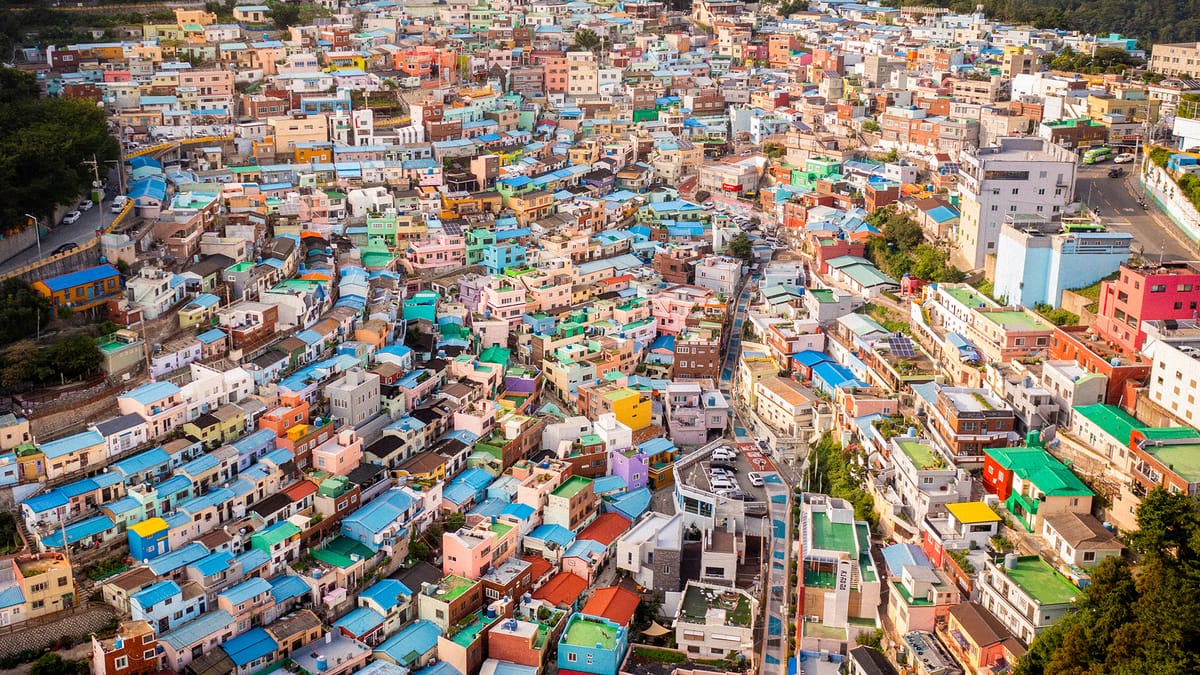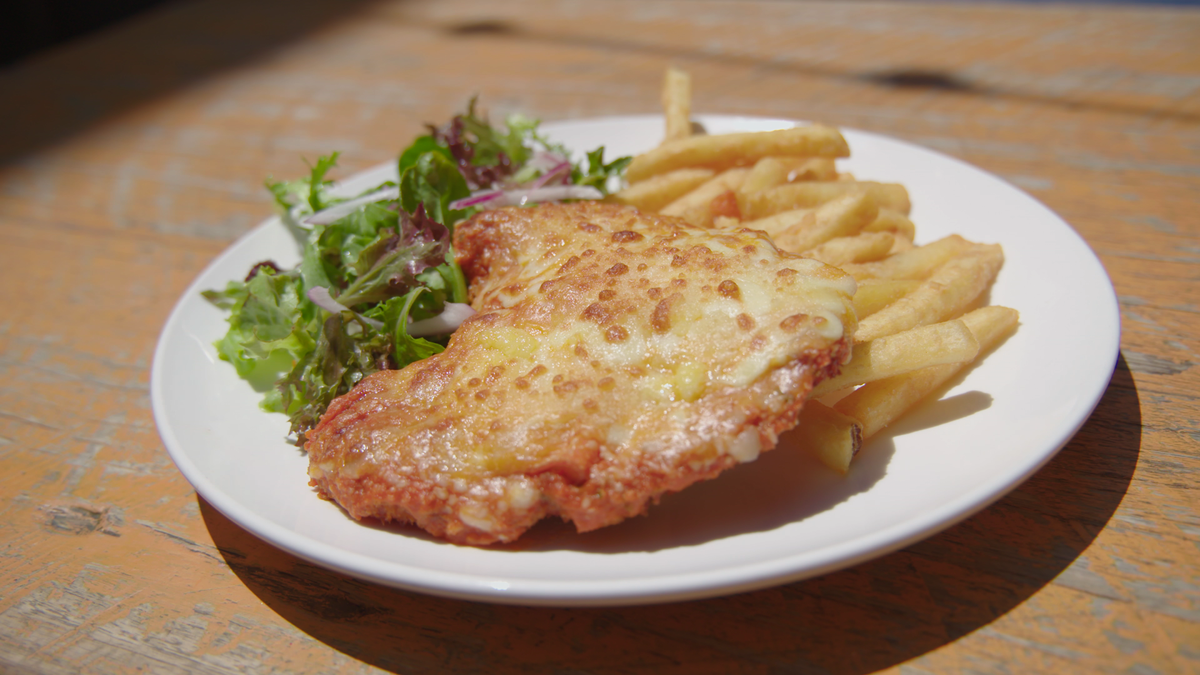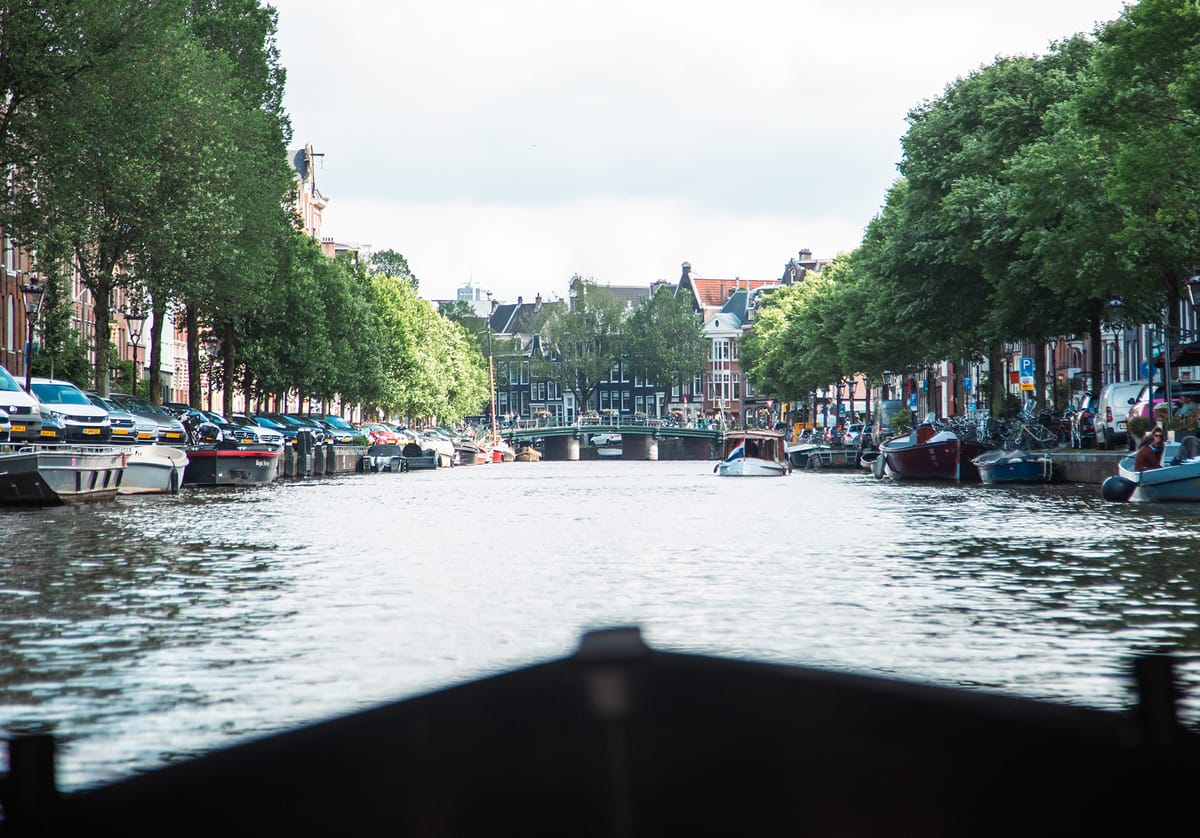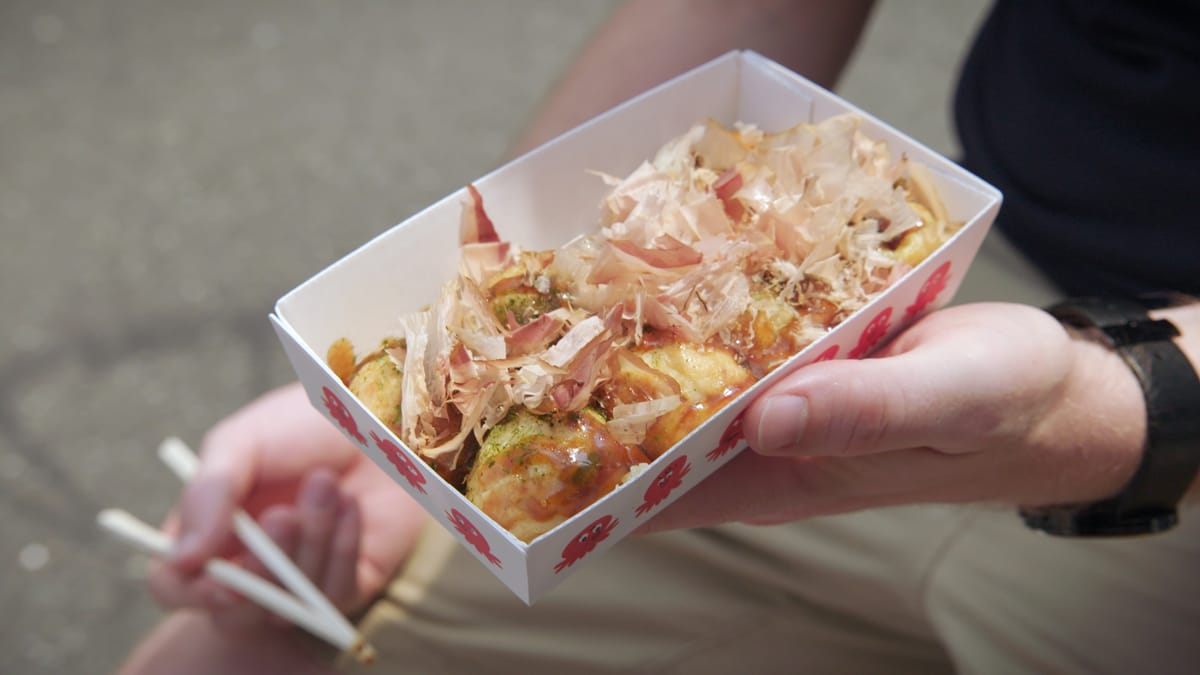Guide To Beijing: Essential Tips
Our road-tested tips and tricks for surviving the Chinese capital.
For first-timers, spend a day or two in Beijing and you'll realise that how much you ignore and/or embrace the day-to-day chaos will most likely determine the extent of your enjoyment towards what the city has to offer. Even for veteran travellers, it's easy to find the constant catcalling, baffling street signage and the risk of getting run over by a hoard of cyclists a little overwhelming. Based on our own experiences and asking around, we've collected a few do's and don'ts in our guide to Beijing essential tips that'll hopefully make your journey into the mainland a little bit easier.
BEST TIME TO GO

Summer is all about scorching temperatures, hellish humidity and some rain. It's also the peak season, with tourist sites amassed with, well...tourists! Autumn is beautiful and the perfect climate to appreciate all the city has to offer, however it's a tight window between September and October before the city heads into a long, harsh and cold winter. There is a certain buzz to spring but the weather can be a little flaky and windy.
Our favourite times to visit are from March to May and from September to October. Think less crowds and milder temperatures that are comfortable enough to be outdoors exploring for the entire day.
TAKE A DEEP BREATH

We've all seen the headlines and photos to prove that air pollution is a very real problem. Unless you happen to be visiting at the same time as an important congress meeting that gathers a group of political elites, which sees many factories closed to temporarily improve the air quality and reveal some rare blue skies. If there's severe smog warnings, follow the locals and put on a face mask - no one will judge you.
VISAS
Almost all visitors need a visa of some kind and the application process takes time so don't leave this to the last minute. No matter how charming you are, the Chinese customs and immigration officials ain't falling for it once even a single eyebrow is raised upon checking your travel documents.

AIRPORT
Beijing Capital International Airport is about a 1 hour drive from the city centre. Road congestion and air traffic congestion are both very real phenomenons so even though we're placing bets that your flight will be delayed, make sure you leave enough time to get to the airport.
HOW TO GET AROUND
Beijing is a big city. Your sense of scale goes out the window when you realise a 'block' could be a kilometre long! Luckily, there's plenty of transport options and they're very affordable.
Subway trips start from CNY3 for the first 6 kilometres and you can rent a Smart Card from any station during your stay. There are security screenings as you enter most stations, where you'll be asked to place your bag on a conveyor belt to be scanned. Considering most locals ignore this and just walk past without so much as a glance from the guards, it all seems a little nonsensical. As a visitor however, you best comply.

Taxis are very affordable but not plentiful. They seem to have a bad rep and you can be quickly rejected if you're not travelling far enough. English is a no go, so have your translation app handy or addresses written down. If they’re demanding to know where you want to go before you jump in, just say the closest subway station to your destination so you can get at least closer towards the general vicinity of where you want to go.
Uber loses US1bn in China every year trying to compete with the local provider, Didi Kuaidi. Fares are heavily subsidised to the point of disbelief, which is good news for travellers. Despite your pick-up location being pinned, drivers always still call to confirm so make sure you have your location with the English pinyin jotted down or stay close to Mandarin speaking locals who are willing to help. Don't be too alarmed if the Uber driver doesn't match the photo on their account as it's common for families and friends to share the same license. However, be smart and if it doesn't look safe then don't get in.
Bicycles are incredibly handy and surprisingly safe. Lanes are well marked and separated from the overwhelming expanse of major roads whilst hutongs let you weave in and out with ease. It's not all dysfunction on the roads when you can freely whiz past the infamous gridlock. There seems to be some unspoken harmony between all road users - cyclists cut off pedestrians, pedestrians don't flinch at all and cars are king.
USE A TRANSLATION APP
Unless you're a native speaker or have learnt some basics to get by, translation apps are a must.
Waygo is also great for visual translations, such as menus or street signage. The app itself is free though you are required to pay after a handful of translations.
Baidu Translate allows you to type your question or answer, take a photo of a menu or simply have a conversation by talking into the phone. It's free and will save you a lot of finger- pointing and creative sign language.

STAY CONNECTED
Roaming the streets without a local sim card or data access could be the start of an adventure or a disaster. Visit the closest China Mobile or China Unicom outlet to get a sim. There are even vending machines at the airport as you exit the terminals, though this option is pricier.
The Great Firewall is real and it's getting stronger everyday. If you consider yourself a digital nomad, then brace yourself. No access to Facebook, Instagram, Snapchat, Twitter and Google. God help us all.
Some more well-known multinational hotels provide VPN access that could give you temporary relief and allow you to preload maps, directions and possibly share a holiday snap or two. But the best way around this is to sign up for a VPN before you arrive, unless you're open to trying out Bing, Weibo or WeChat.

TO SIT OR TO SQUAT?
In Beijing, there is no option. If you visit one of the many hutongs sprawled across the city, the chances of you sharing a fairly intimate experience with the local residents is high. These older courtyards weren't built with private toilets and the infrastructure simply does not exist. If nature calls, so be it. Leave your pride at the door and BYOT ('bring your own tissues'). Avoiding eye contact is advised.
SPITTING
The number of times you'll hear and/or see some spitting action even in a day should be enough for you to compile a soundtrack, which is usually a crackling crescendo followed by the climatic 'ptchoo!' For locals, this habit is completely ordinary so as a visitor don't waste your time feeling offended - just watch (and listen out) as you keep on walking if you want to avoid a surprise splat landing on your shoe.
FOOD & DRINK
Curious to see what the street food scene is like? Catch our favourite ones to try in our latest episode of Hawker Style - we try everything from squeamish fried scorpions to classic Peking duck. For beer drinkers, make sure to be clear when ordering if you want a cold brew as lukewarm beer is the default option. For other essential tips check out our other Guide to Beijing articles below.







CREDITS
Writer: Louise Yoo
Photographer: Louise Yoo


